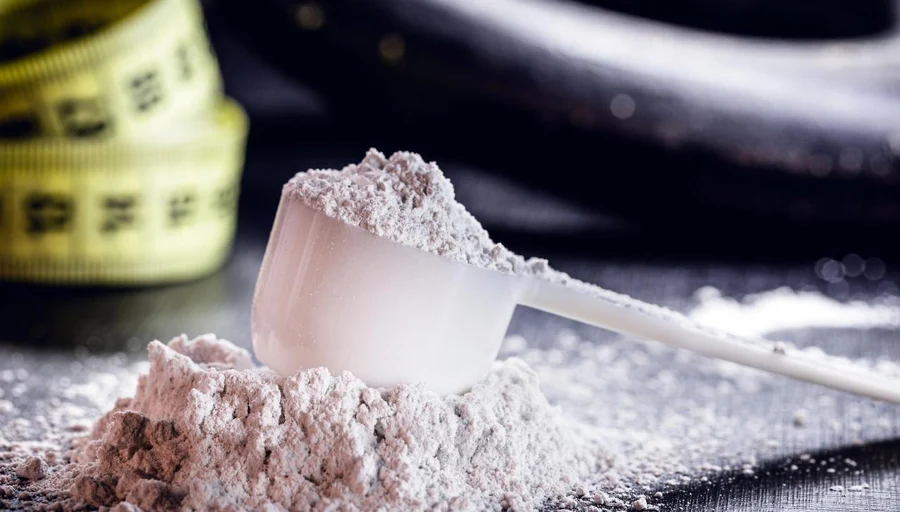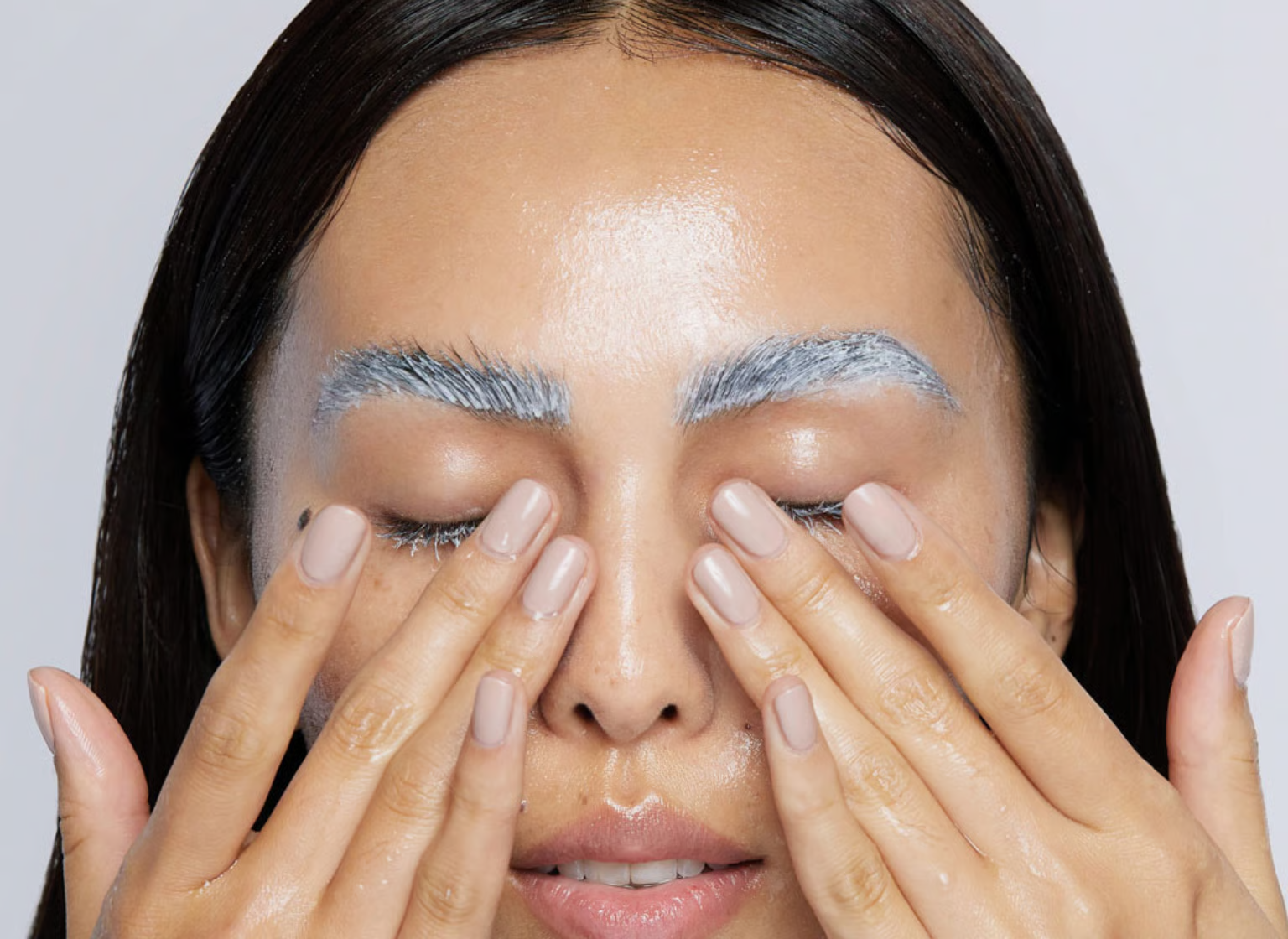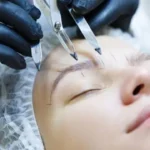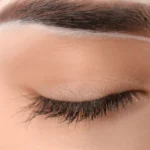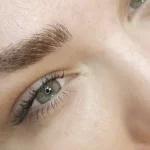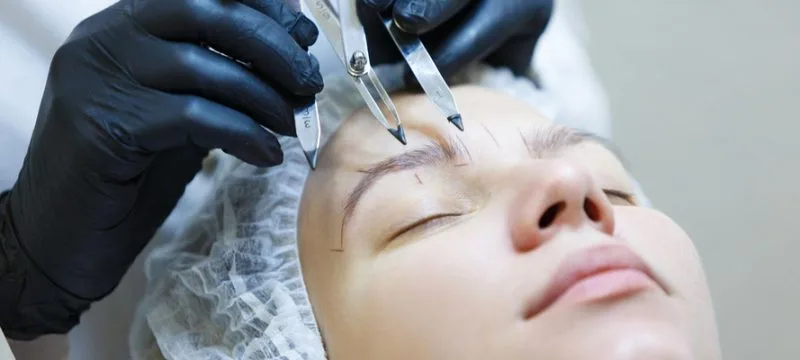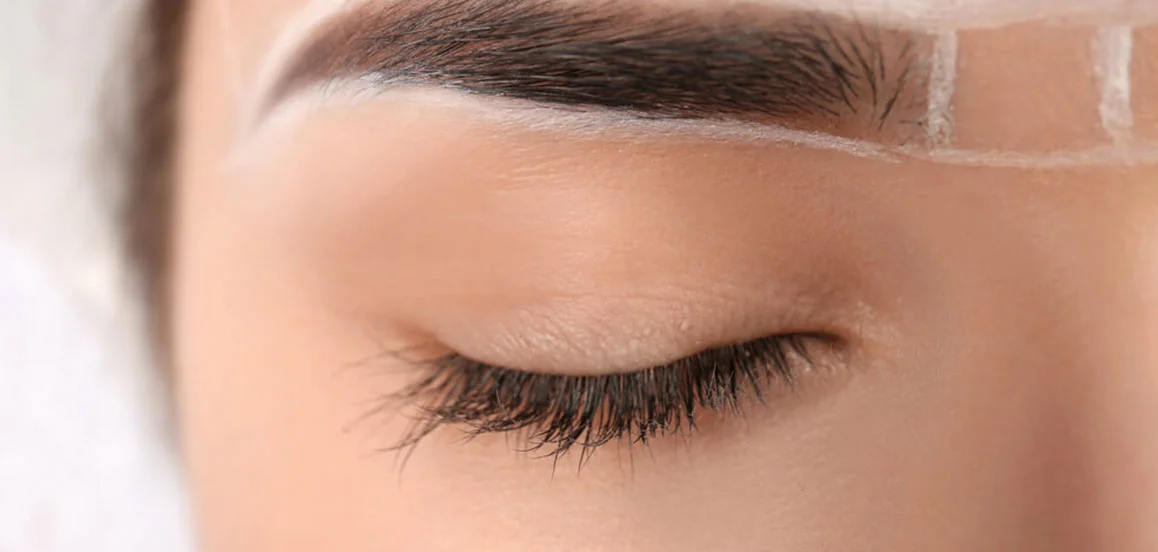Table of Contents
ToggleCreatine is one of the most popular supplements in the fitness world. Known for its ability to improve athletic performance, increase muscle mass, and boost energy levels, it has become a staple for athletes, bodybuilders, and even casual gym-goers. However, one lingering question persists: Does creatine cause hair loss? This article explores the scientific evidence, potential side effects, and ways to mitigate any risks.
What Is Creatine Monohydrate and Why Do People Use It?
Creatine monohydrate is a widely used supplement that helps improve athletic performance and muscle growth by boosting energy production. Found naturally in foods like meat and fish, it’s popular among athletes and gym-goers. While concerns about creatine side effects hair loss and creatine alopecia exist, studies linking it to creatine baldness are inconclusive. For most, creatine’s benefits outweigh these potential risks when used responsibly.
Understanding Creatine and Its Fitness Benefits
Creatine is a naturally occurring compound found in meat and fish and synthesized by the body from amino acids. Its primary role is to provide energy to cells, particularly muscle cells, during high-intensity activities. Supplementing with creatine has been shown to increase energy production, enhance strength, and support faster recovery after workouts.
Creatine Monohydrate: The Most Popular Supplement

Among various forms of creatine, creatine monohydrate remains the gold standard. Its effectiveness, affordability, and extensive research make it the top choice for those looking to improve athletic performance.
Common Creatine Side Effects (Including Hair Loss Concerns)
While creatine is widely regarded as safe, some users report side effects such as muscle cramps, weight gain due to water retention, and gastrointestinal discomfort. The concern about hair loss, however, has sparked significant debate, particularly in relation to its impact on male pattern baldness.
Don’t Forget to Explore Other Possible Causes of Hair Loss
->Can steroids cause hair loss?
-> Does Phentermine Cause Hair loss
-> Does Anesthesia Cause Hair Loss?
-> Does Metformin Cause Hair Loss?
-> Does Mounjaro Cause Hair Loss?
-> Does adderall cause hair loss?
-> Can hair gel cause hair loss?
->Does dandruff cause hair loss?
-> Does wearing a hat cause hair loss?
The Link Between Creatine and Hair Loss

Can Creatine Cause Hair Loss?
The idea that creatine might lead to hair loss stems from a 2009 study involving rugby players. The study showed that supplementing with creatine led to an increase in DHT (dihydrotestosterone) levels—a hormone closely linked to hair loss in men with a genetic predisposition to male pattern baldness.
Does Creatine Monohydrate Increase DHT Levels?
DHT is a derivative of testosterone and plays a significant role in hair follicle miniaturization, a key factor in male pattern baldness. The 2009 study found that creatine supplementation caused a 56% increase in DHT levels over three weeks. While this does not directly prove that creatine causes hair loss, it suggests a potential link for individuals susceptible to balding.
Key Studies on Creatine Hair Loss and Baldness
Despite the findings from the 2009 study, no other research has conclusively established a direct connection between creatine and hair loss. Most evidence remains anecdotal, with users reporting varying experiences.
How Fast Does Creatine Cause Hair Loss (If At All)?
If creatine does contribute to hair loss, the rate may vary based on genetic predisposition, dosage, and duration of supplementation. Those already prone to baldness may notice thinning sooner, but the link remains speculative.
Who Is at Risk of Hair Loss from Creatine?
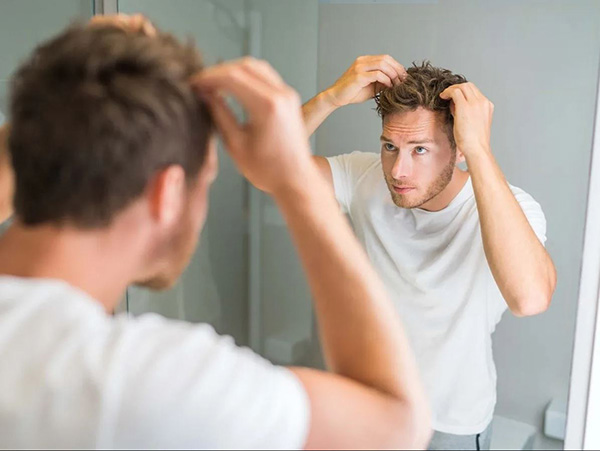
Genetic Predisposition to Balding and Alopecia
Individuals with a family history of male pattern baldness are more likely to experience hair loss, regardless of creatine use. Increased DHT levels could accelerate this process, but the underlying genetics are the primary factor.
Does Creatine Promote Hair Loss in Everyone?
It’s important to note that not everyone who uses creatine will experience hair loss. For many, the benefits of increased muscle mass and performance outweigh the potential risks, particularly if they are not genetically predisposed to hair loss.
Protecting Your Hair While Using Creatine
Tips to Minimize Hair Loss Risk from Creatine
- Monitor Your Dosage: Stick to recommended doses of creatine to avoid unnecessary increases in DHT levels.
- Choose Quality Supplements: Opt for reputable brands to reduce the risk of contaminants that could affect your health.
- Maintain a Healthy Diet: Incorporate foods rich in vitamins and minerals that support hair health, such as biotin and zinc.
Supplements and Lifestyle Choices for Hair Health
- Hair-Friendly Supplements: Consider using supplements like saw palmetto, which may help block DHT.
- Stress Management: High stress can exacerbate hair loss. Incorporate relaxation techniques like yoga or meditation.
- Hydration: Stay hydrated to counteract water retention and support overall health.
Alternatives to Creatine for Fitness Goals
If hair loss is a significant concern, consider alternative supplements that enhance athletic performance without influencing hormone levels, such as beta-alanine or BCAAs (branched-chain amino acids).
How Dr. Kopelman Can Help with Hair Loss
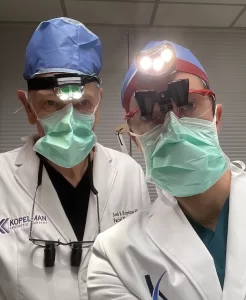
Expert Hair Transplant Solutions for Creatine-Related Baldness
If you suspect that creatine use has contributed to your hair loss, Dr. Kopelman offers advanced hair restoration techniques to help you regain a youthful hairline.
Advanced Techniques to Restore a Youthful Hairline
Using state-of-the-art procedures, such as Follicular Unit Extraction (FUE) and Follicular Unit Transplantation (FUT), Dr. Kopelman can provide natural-looking results tailored to your needs.
Why Choose Kopelman Hair for Hair Restoration?
With a reputation for excellence, Dr. Kopelman’s clinic specializes in personalized treatments that prioritize patient satisfaction and long-term results.
FAQs About Creatine and Hair Loss
Does Creatine Monohydrate Cause Hair Loss?
The short answer is: there is no definitive evidence that creatine monohydrate directly causes hair loss. However, some studies and anecdotal reports have raised concerns about its potential impact on hair health.
Does Creatine Make You Lose Hair Permanently?
There is no definitive evidence that creatine causes permanent hair loss. Most concerns are linked to its potential to increase DHT levels.
Does Creatine Cause Balding Over Time?
For individuals predisposed to male pattern baldness, creatine might accelerate the process. However, more research is needed to confirm this.
Can Stopping Creatine Reverse Hair Loss?
Stopping creatine may lower DHT levels, but it is unlikely to reverse hair loss caused by genetic factors.
Is Creatine Safe for Long-Term Use?
Creatine is generally considered safe for long-term use when taken in recommended doses. However, individuals with pre-existing conditions, such as kidney disease, should consult a healthcare provider before supplementing.
Conclusion: Does Creatine Really Cause Hair Loss?
While some studies suggest a link between creatine and increased DHT levels, there is no conclusive evidence that it directly causes hair loss. Genetic predisposition remains the primary factor for conditions like male pattern baldness.
If you are concerned about hair loss, consult with experts like Dr. Kopelman to explore hair restoration options and maintain confidence in your appearance. Supplementing with creatine can still be a safe and effective way to improve athletic performance, provided you take steps to protect your overall health.


